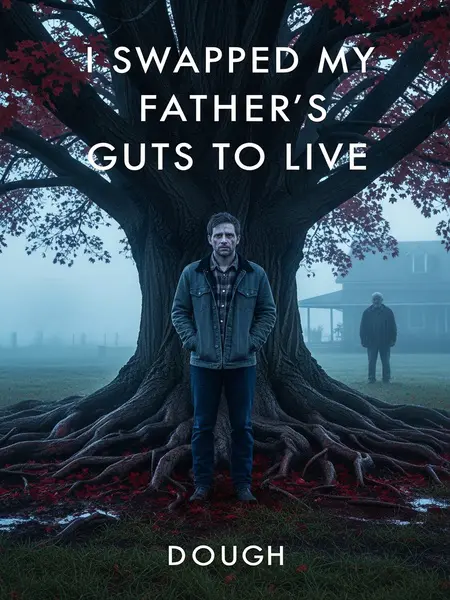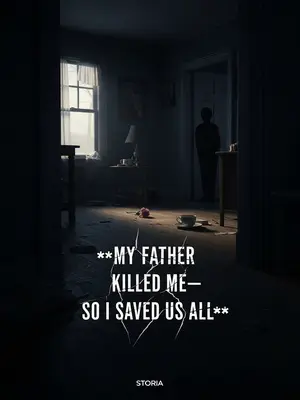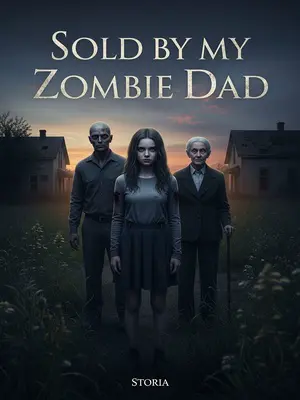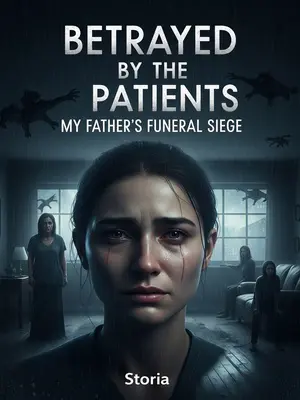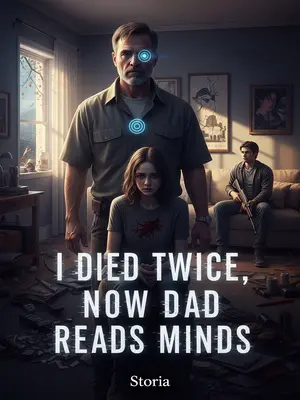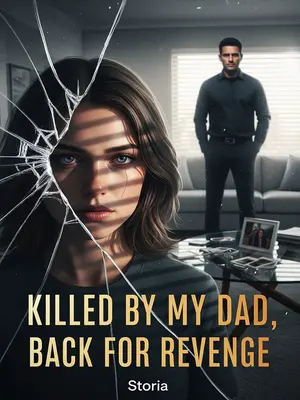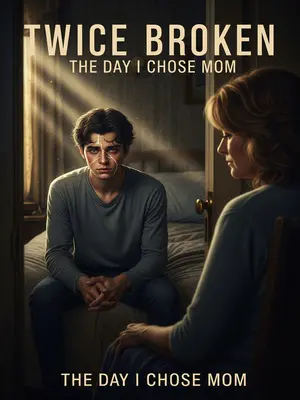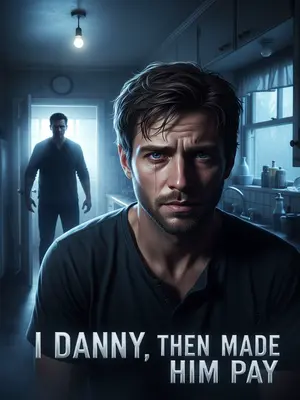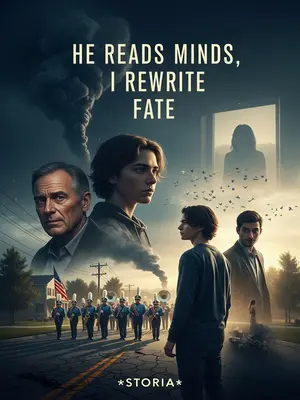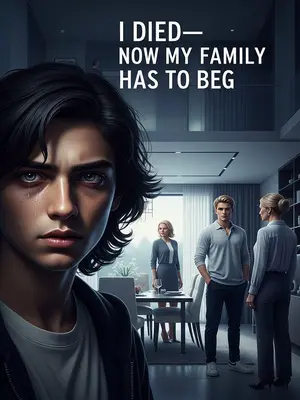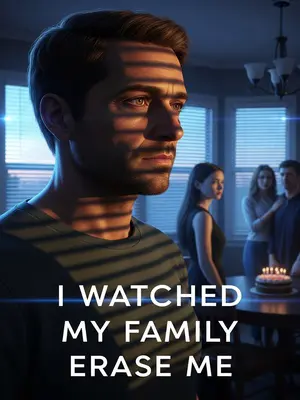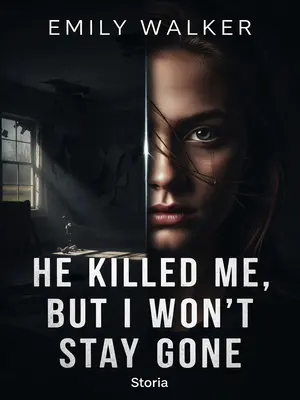Chapter 3: The Shame That Haunts
Twenty years ago, my family was the poorest in Silver Hollow. Nothing but bad luck and empty cupboards.
We lived on the edge of town, in a house that leaned to one side. The roof leaked, the paint peeled, and the yard was mostly mud. Folks pitied us, but no one ever offered real help. Not that I would’ve taken it.
Everyone else had nice carpet or tile in their homes, but ours was still just old yellow linoleum. It was ugly, but it was ours.
That linoleum was cracked and stained, curling up at the corners. It was the kind you see in houses that haven’t been updated since the fifties—ugly, but tough. I used to trace the patterns with my toe when I couldn’t sleep. The cold always seeped up through it.
People laughed at my dad, saying he only had one kid. I heard it everywhere.
They’d shake their heads, mutter under their breath. “Poor old Bill Douglas—worked his whole life, and all he’s got to show for it is that good-for-nothing son.”
Too bad his only son was a good-for-nothing. That label stuck like glue.
I heard it so often, it stopped stinging after a while. I started to believe it myself. Maybe I really was a disappointment. Maybe I always would be. God, I hated that feeling.
I’d go looking for work, but no one would hire me. I tried, but it never worked out.
I tried, God knows I tried. Picked up odd jobs—painting, hauling junk, fixing fences. But folks wanted someone reliable, someone with a strong back and a sharp mind. I was neither. The shame burned.
Working the fields, I couldn’t even remember which plot was ours. Embarrassing as hell.
More than once, I ended up in the neighbor’s corn, pulling weeds that weren’t mine. Dad would laugh, but I could see the disappointment in his eyes. It stung.
I never bothered arguing. What was the point?
What was the point? Words never changed anything in Silver Hollow. People believe what they want to believe. I just kept my mouth shut.
Maybe being slow has its perks—you get to be lazy. My dad never made me do farm work. I guess he figured it was easier that way.
He’d say, “Let the boy rest. He’s got a good heart.” I think he just didn’t have the energy to fight with me. Or maybe he felt sorry for me. I’ll never know.
All I did every day was eat, sleep, and lie in bed with my wife and her bum leg. Not much of a life, but it was ours.
Martha and I would spend long afternoons listening to the radio, the static crackling through the speakers. Sometimes we’d talk about leaving, starting fresh somewhere new. But we never did. It was easier to stay put.
Those easy days ended when I turned fifty. I should’ve known it couldn’t last.
That birthday felt like a turning point. My hair started to thin, my joints ached, and I felt old in a way I never had before. The world just seemed heavier.
That’s when I started feeling stomach pains, throwing up blood, and passing blood. Panic set in.
At first, I ignored it. But the pain got worse, sharper, until I couldn’t eat, couldn’t sleep. Blood in the toilet, blood on my sheets. I knew something was wrong, but I was too scared to see a doctor. Fear kept me up at night.
People said I must have colon cancer. The rumor spread like wildfire.
Word got around fast. Silver Hollow isn’t the kind of place where secrets last long. “That Douglas boy’s sick,” they’d whisper. “He won’t last the year.” I could hear them from my window.
Cancer meant certain death. No one sugarcoated it.
Back then, cancer was a death sentence. No one talked about remission or chemo. You got sick, you wasted away, and then you died. Simple as that. No hope.
I was terrified. Couldn’t eat, couldn’t sleep. My hands shook all the time.
Every night, I’d lie awake, staring at the ceiling, listening to the house settle. I could feel the fear crawling under my skin, cold and relentless. It never let up.
I didn’t want to die. Not like this.
There was so much I hadn’t done. I hadn’t seen the ocean, hadn’t taken Martha dancing, hadn’t even had a son to carry on the Douglas name. I wasn’t ready to go. Not yet.
I hadn’t had a son yet, hadn’t carried on the Douglas family name! That thought gnawed at me.
That thought haunted me. The Douglas line would end with me—a sad, pathetic legacy. I wanted more.
The old folks said, you are what you eat—eat the right thing, and it’ll fix you. I was desperate enough to believe it.
They believed in all sorts of cures—herbal teas, chicken soup, eating the heart of a deer for courage. I was desperate enough to try anything. Even the wildest things.
Back in the day, if you had tuberculosis, you’d eat white bread soaked in blood and get better. Or so folks claimed.
Old Mrs. Perkins swore by it. “My cousin beat the consumption that way,” she’d say. “You just gotta believe.” I didn’t, but what choice did I have?
So my dad had me eat several lengths of fresh pig chitterlings. The smell was enough to turn my stomach.
He brought them home from the butcher, still warm. The smell was overpowering—earthy, gamey. I gagged, but he stood over me, watching until I swallowed every bite. I thought I might throw up right there.
They stank, but I was scared of dying, so I choked them down. God, I almost gagged.
My throat burned, my stomach churned. I washed them down with sweet tea, but the taste lingered for days. Still, I hoped—prayed—they’d work. I’d do anything to live.
But it didn’t help. My health kept getting worse. Day by day, I faded.
The pain got sharper, the blood more frequent. I lost weight, my skin turned sallow. I knew I was running out of time. Hope slipped away.
I thought, pig guts just aren’t as good as human ones… The thought was wild, desperate.
Desperation does strange things to a man. I started thinking crazy thoughts, turning over old stories in my mind, searching for a way out. Nothing made sense.
Truth is, I wasn’t afraid of dying. Not really. It was something else.
Not really. Death felt distant, abstract. What scared me was the pain, the slow rot, the humiliation of wasting away in front of everyone I’d ever known. I couldn’t stand the thought.
I was afraid of pain. The kind that eats you from the inside out.
The thought of my guts rotting away inside me, turning my belly into a pit of filth and stench—that terrified me. I’d rather die quick than slow.
That image haunted me. I’d wake up in a cold sweat, clutching my stomach, convinced I could feel it happening already. I’d shudder, trying to shake it off.
